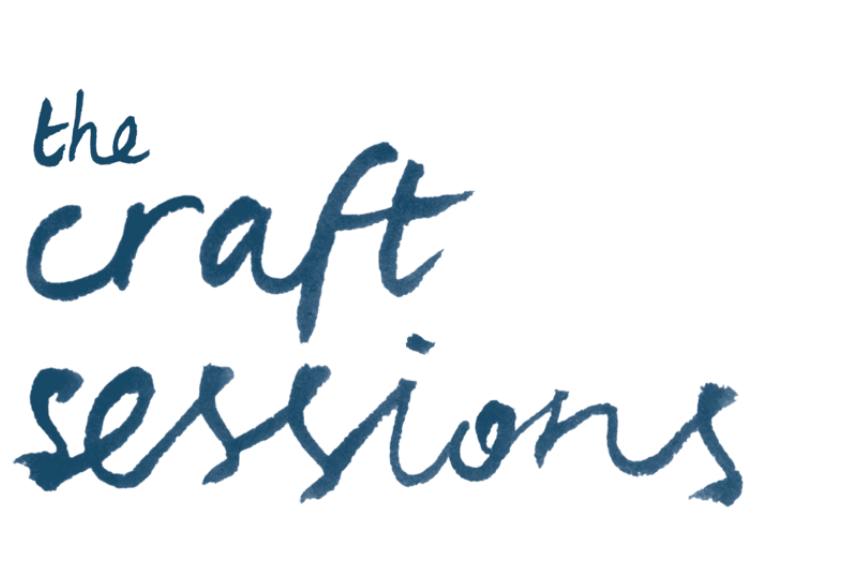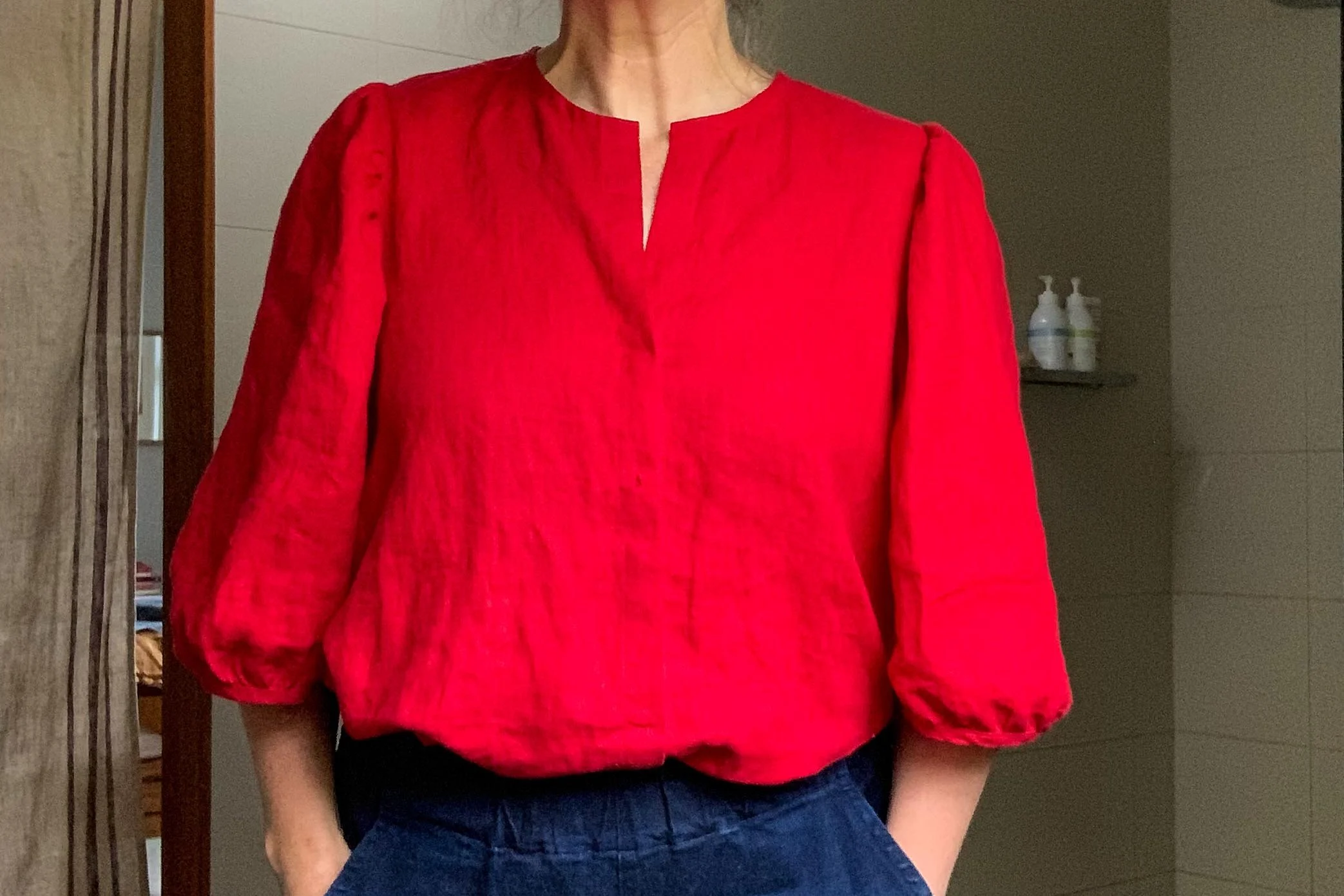My favourite part of writing this blog, and sharing my work via instagram, has been the learning and the growth that has come from being part of this community. And one of my favourite learnings has been coming to better understand our cultural relationship to failure. Watching it play out in posts where we talk about mistakes and we talk about failures, how we think of them and relate to them.
We seem to see failure, or rather we seem to feel failure, not just as a project that didn’t meet our goals, but rather as some kind of direct reflection of who we are as people. Many of us take failure very very personally.
When I post a photo of a project online and label it a “failure”, it is often met with a chorus of lovely “oh but it’s lovely” and “don’t be so harsh to yourself”.
But the responses makes sense. Society says we makers are making to make a product. And more generally, that what we do is who we are. If we are successful in our work, we are deemed to be a successful person, regardless of our character or contribution. So success in making would, of course, be demonstrated by a successful project.
In the past I was a bit flumoxed about how to reply to the “don’t be so harsh” as I generally don’t feel I was being harsh. I don’t feel it’s personal. I don’t feel like a failure. I might be bummed or annoyed in the moment but I practice not making it about who I am or what I am capable of. I try to remember that I just didn’t have the skills or the time or the XYZ this time to make the thing I wanted to make in the way I wanted to make it.
And I try to remember that in the words of my kids picture book that was lying open on our kitchen table this week “Frank Lloyd Wright drew over 700 sketches before one was accepted” by Solomon Guggenheim to become what we now know of as the Guggenheim Museum in NY.
In the past I was a bit flummoxed about how to reply as I didn’t feel I was being harsh. It’s not personal. I don’t feel that I am failure. The project failed as I simply didn’t have the skills or the time or the XYZ in this moment to make the thing I wanted to make in the way I wanted to make it. But that says nothing about me as a person. Normally I feel just fine. I’ve failed a lot in the past and so this failure has just given me more practice at the skills I need to do the thing I want to do.
I was listening to the How To Fail podcast this morning as I was hanging out the washing - and Elizabeth Day was hosting Jameela Jamil who said “success is progress, success is happiness, success is growth”.
I adore Jameela Jamil’s words of wisdom about trying and progress and perfection* as a way of living. And in this case her definition of success has me thinking about reevaluating my definition of what success is in a craft project (and as always in life!).
Especially if we ignore the middle part, and instead look simply at the beginning and the end, “success is progress” and “success is growth” .
Our expectations impact our outcomes - if we believe something will fail it makes it more likely it will - but more importantly our expectations impact how we feel about the outcome. And how we feel about the outcome matters!
What if, we decided to rate our craft projects not on whether they met their aim of being a “perfectly fitting, perfectly wearing, beautiful sweater” and instead rated them on whether we showed growth or progress?
What if we made what matters, growth or progress in our technique, or growth or progress in the emotional skills we need to complete a project?
What if progress and growth were the bar by which we rated our craft projects?
What if we accepted that you have to make bad art to make good art and that our goal could simply be to show up for ourselves?
Could that be a way for us to feel more nurtured in our making? Could that be a life-skill worth learning through our making, such that it bleeds out into everyday?
I dunno. Just a thought…
And for your reading pleasure here are a couple of previous blog posts about failure;
What We Can Learn From Watching Kids Craft
I’d love to hear your relationship to failure. Do you make it mean something? Or are you skilled at managing it. How do you rate the success of a project?
Big love to you all.
Felicia x
*Go follow her on instagram or find some interviews with her on the interweb as she is thoughtful, insightful and courageous.



